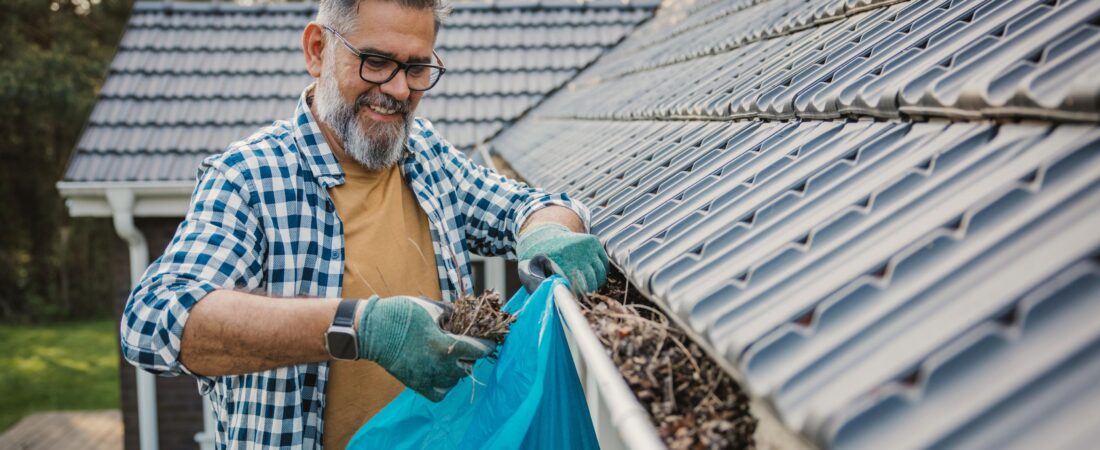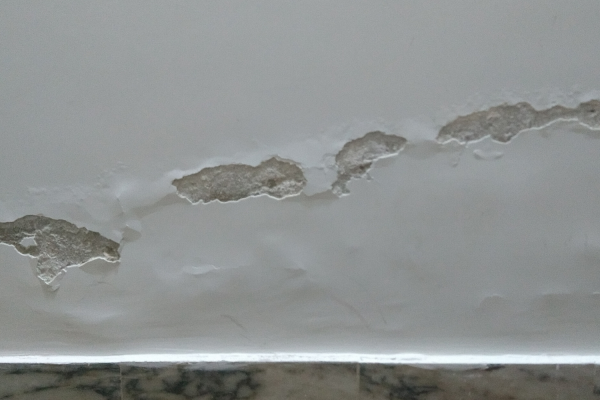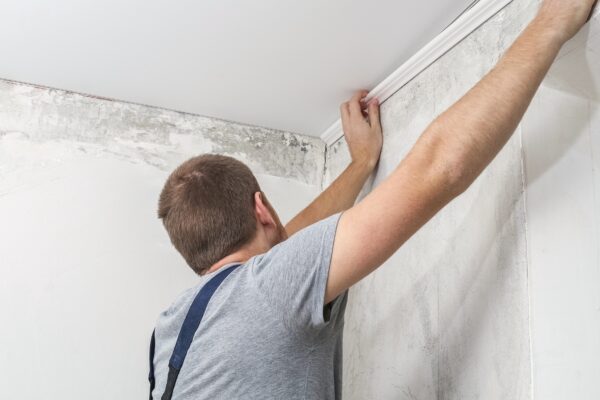Discover six practical steps to effectively winter-proof your property, ensuring tenant comfort and protecting your investment during the colder months.
Taking proactive steps to winter-proof your property not only keeps tenants safe and cosy but also prevents costly repairs that could arise from neglecting seasonal maintenance.
In addition to ensuring your property is energy-efficient, as we’ve covered in one of our other helpful guides, there are a few other things you should take care of.
Here, you’ll find some essential maintenance tips for landlords to add to their checklist, ranging from sealing drafts and leaks to protecting pipes from frost.
- Check heating systems
- Seal draughts and leaks
- Clear gutters and drains
- Inspect the roof
- Protect the pipes
- Be prepared for emergencies
Get unbeatable coverage on Rightmove, Zoopla, and dozens more sites for just £49.
Add Listing Now1. Check heating systems
Ensure that the heating systems in your rental property are in top condition. Hire a professional to perform a thorough inspection of the heating system, including the boiler, heat pumps, and radiators.
If you haven’t had a gas safety check in a while, you can take advantage of our unbeatable offer and schedule an appointment with a Gas Safe engineer at a time that suits you.
Lastly, remember to regularly replace air filters, especially if your rental property benefits from a modern heating system, such as an air source heat pump.
2. Seal draughts and leaks
Cold air seeping through gaps and cracks can not only make the property uncomfortable but also lead to increased energy bills for your tenants.
Inspect windows, doors, and any other potential entry points for draughts, and use draught excluders or caulk to seal them.
Proper insulation is key to keeping the property warm and energy-efficient throughout the winter months, while also preventing the development of mould and damp.
3. Clear gutters and drains
Prevent water damage by clearing out gutters and drains before the winter season sets in.
Blocked gutters and drains can lead to water overflow, causing damage to your property’s foundation and potentially leading to damp issues indoors.
Moreover, remove leaves, debris, and any blockages to ensure that water flows freely, preventing the formation of ice dams and the risk of leaks.
You might also be interested in…
- Has the Renters Reform Bill 2024 Been Passed?
- How to Be a Live-In Landlord: Rules, Rights and Managing Lodgers
- What is Rent Arrears? Tips to Protect Your Rental Income as a Landlord
- When Will Section 21 Evictions Be Scrapped?
- All You Need to Know About Right to Rent Checks
4. Inspect the roof
A sturdy and well-maintained roof is very important, especially during the winter when heavy snowfall and ice can cause significant damage.
Hire a professional to inspect the roof for any signs of damage, such as missing tiles or weakened areas, and make necessary repairs while there are still a few good weather days left.
5. Protect the pipes
Frozen pipes can result in costly repairs and property damage, such as burst pipes that can flood the property and lead to structural issues.
It’s essential to insulate exposed pipes, especially those in unheated areas, to prevent freezing.
Equally important, make sure your tenants know how to keep the property warm during the coldest spells.
You might even suggest leaving cupboard doors open to let warm air flow around the pipes, adding an extra layer of protection.
Rent Now offers all the landlord services you need, from contract signing to rent collection.
Find Out More6. Be prepared for emergencies
You could equip your rental property with essential winter emergency supplies such as shovels, grit, and emergency kits for your tenants to access when needed.
Also, be sure to give your tenants straightforward guidance on what to do in the event of a power cut, extreme weather, or any other emergencies.
Providing a clear plan of action will help them manage unexpected situations with ease and confidence.
By following these key winter maintenance tips, you can have peace of mind that your rental property will stay in top condition during the colder months.
Regular maintenance not only protects your investment but also nurtures a strong landlord-tenant relationship based on trust and care.
For an extra layer of protection, it’s worth exploring landlord insurance, as it can help in covering a range of financial expenses that might result from unexpected damage.



